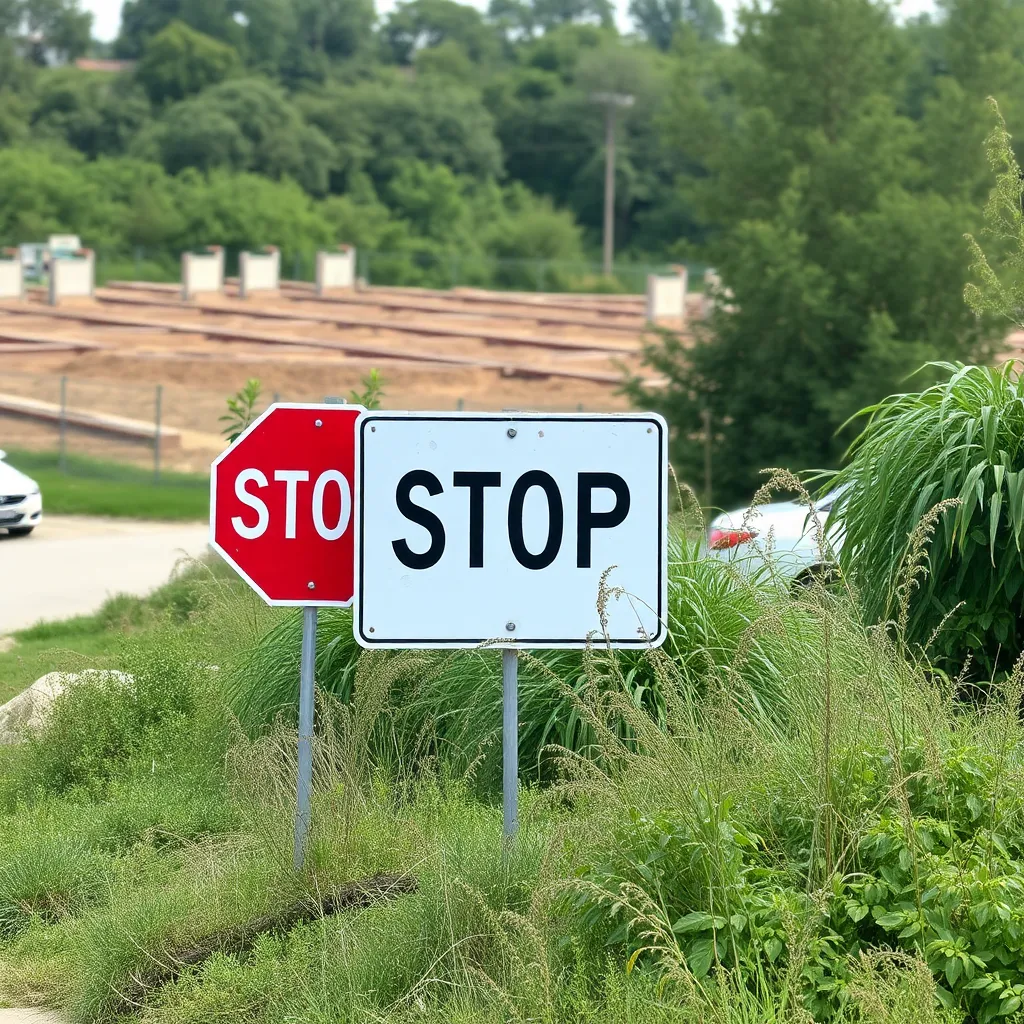Horry County Residents Rally for a Halt on Home Construction
In a spirited gathering on a Tuesday night, residents of Conway, South Carolina took a stand, rallying for change in their town. Armed with a petition and a dream for a sustainable future, members of a grassroots organization known as Horry County Residents for Responsible Building voiced their concerns to local leaders, calling for an urgent freeze on all new home construction in the area. This action is a response to the overwhelming pace of development that has begun to reshape their beloved community.
A Call for Sustainable Development
Stefanie Chiappetta, a passionate member of the organization, shared the group’s mission with vigor. “We stand for sustainable development that respects the capacity of our communities and honors our heritage,” she proclaimed. The group believes that a moratorium on new housing developments is not just necessary but essential to preserving the quality of life cherished by the residents of Horry County.
The roots of this movement can be traced back to the controversial Warden Station project. This project, set to transform the landscape of Conway, includes plans for over 3,000 new homes near Pitch Landing Road and SC 701. The very thought of such drastic changes stirs worries among locals, who feel that the character of their charming county is at stake.
The Fight Against Overdevelopment
Chiappetta didn’t hold back when outlining the challenges that growth has thrust upon the community. “We now face overdevelopment,” she stated firmly. She warned that iconic landmarks, wild wetlands, and beautiful wooded areas that defined Horry County are at risk of being lost forever. What once was a scenic backdrop is rapidly turning into a patchwork of urban sprawl—a sight many locals are struggling to accept.
In a dedicated effort to gather support, Chiappetta and her fellow members organized drive-thru petition signing events and launched an online version to make it easier for people to make their voices heard. After months of tireless work, they reached a significant milestone: almost 1,000 residents signed the petition, a remarkable indication of the community’s solidarity on this pressing issue.
Addressing the Strain of Rapid Growth
Chiappetta made clear that the explosive construction boom in Horry County is straining resources to the brink. She highlighted the concerns coming from the local school district, noting that the increasing population is overwhelming schools, adding to the pressures of a system that’s already feeling the heat.
However, the impact doesn’t stop with education. Both Santee Cooper and Horry Electric have been forced to revisit their rate structures due to the ever-growing demand for utilities. The electrical grid is under what Chiappetta termed “inordinate stress” as more homes pop up and more residents take up residence. Emergency services, too, are feeling the pressures of this explosive growth.
Perhaps most worryingly, Chiappetta pointed out that the environmental ramifications of new construction could exacerbate the already severe concerns surrounding flooding. Many projects—completed and proposed—are encroaching on designated wetlands, increasing the likelihood of hazardous flooding events in the region.
Looking Ahead: Council’s Response
It’s important to note that historically, council members have refrained from responding to public comments during town meetings. There have been discussions on a possible building moratorium before, although these mainly led to resolutions or statements indicating opposition to specific rezoning requests that would promote further home development on SC 90 and SC 57.
As the residents of Horry County continue to rally for their cause, it remains to be seen how local leaders will respond to this heartfelt plea for change. Will the county listen and take action to preserve the character of Conway? Or will the march of progress continue unabated? Only time will tell, but for now, the voices of the residents ring clear: it’s time to prioritize community and sustainability over rapid development.







